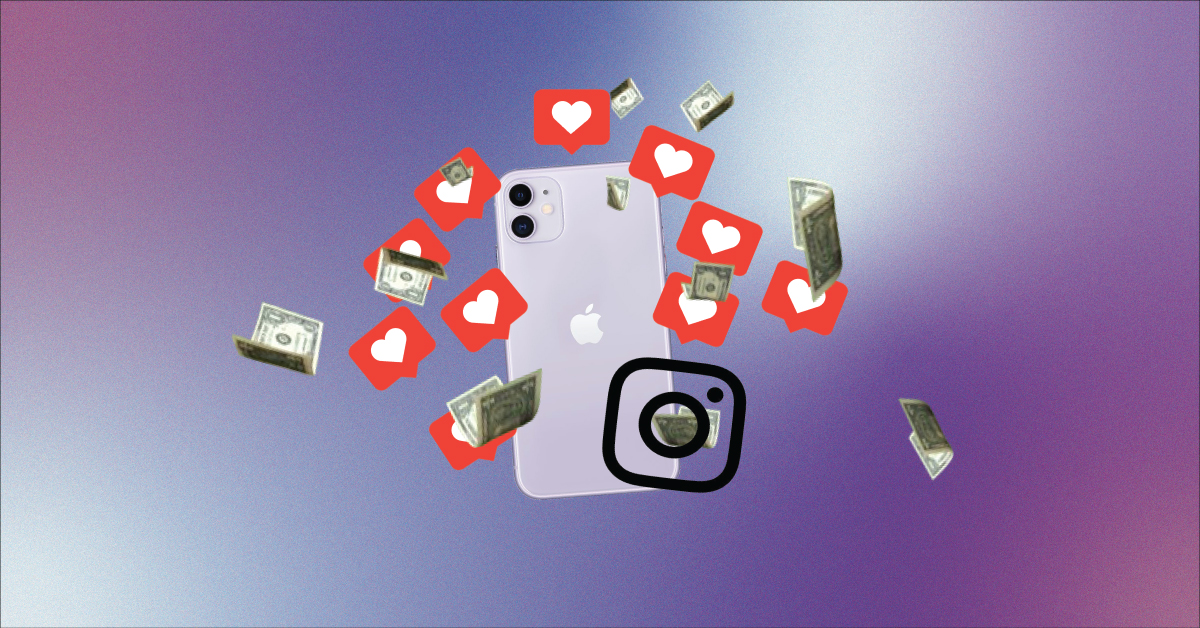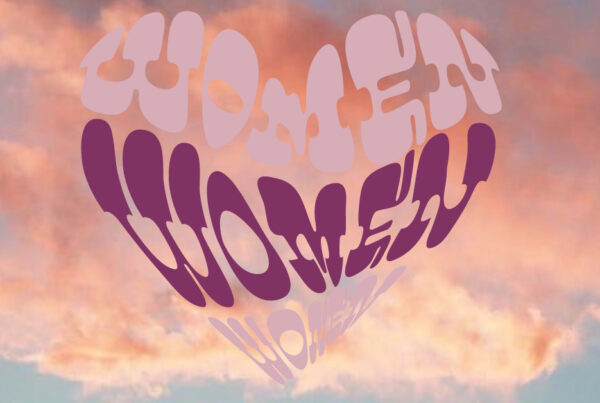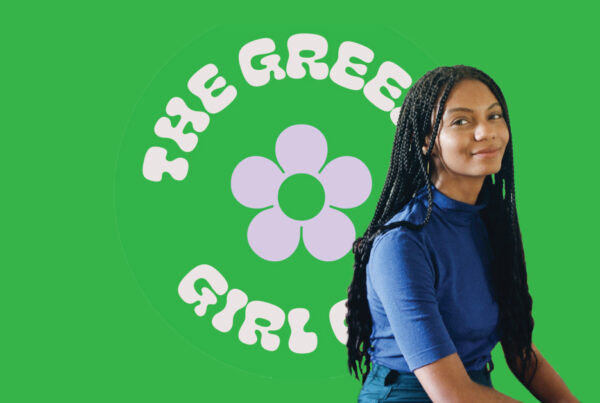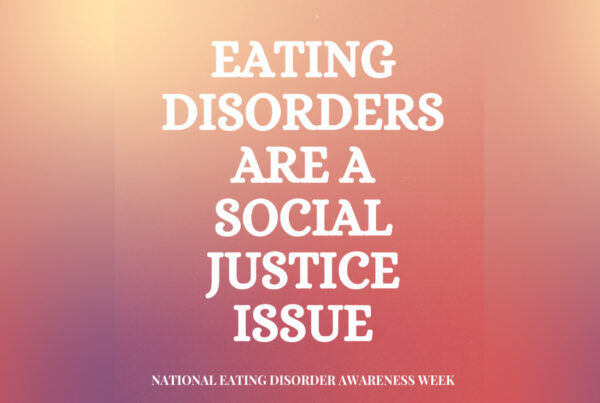Before Black Friday, Learn About Brand Performative Allyship and How Destructive It Truly Is
It’s officially the holiday season. Thanksgiving is here, which means the biggest shopping weekend of the year is on everyone’s radar. Our favorite clothing stores and makeup brands are having giant sales, and many of us are bursting with excitement, ready to give them our money—but how has your favorite brand responded to the events of this year?
Brands such as Nike and Netflix continue to listen, learn, and actively provide their platform for marginalized groups. While others, many fast fashion brands (Forever 21, Shein, etc) for instance, only posted their support at the height of the Black Lives Matter protests happening around the world if they posted anything at all. But their voices quickly dwindled down by the end of year (all while continuing to exploit their workers.) Their bare minimum ally work speaks volumes, and it’s time to listen and incorporate it in where you decide to shop.
Why More Brands Spoke Up in 2020
The Black Lives Matter movement has been in full effect for years. The official organization was created in 2013 after the acquittal of George Zimmerman, the man that shot and killed Trayvon Martin in Sanford, Florida. I have been to countless protests since then to let out the anger caused by these crimes and fight for lives that were unjustly taken. In San Francisco, there were a few small businesses who put up signs in support of Black lives and equality, but this year something sparked a fire in everyone else too.
This year, there were more big businesses that were speaking out than ever before. After the murders of Ahmaud Arbrey, George Floyd, and Breonna Taylor gained massive media attention, big brands and companies posted black squares on Instagram, put BLM banners on their homepages, and released statements about “standing with the Black community.” If you weren’t vocal about the injustices Black people were facing, you were a part of the problem. If you weren’t vocal, then the company, the CEO, and anything inherently problematic about the brand was going to end up on one of the hundreds of lists floating around on who to stop supporting. Perhaps because big business consumers were stuck at home with shelter-in-place orders and had no choice but to listen and react. Their loyal customers began to pay attention to anyone that wasn’t outraged like they were.
Brands were picking up on that, and performative allyship surged.
How Performative Allyship Is Destructive
The definition of an ally is someone that uses their privilege to actively advocate for a marginalized group, using their own platform to amplify that group’s voice. Companies like Target, who constantly showcase people of color, sell products created by people of color, and commit time to pro-bono consulting for small black-owned businesses or businesses owned by people of color. Performative allyship is when someone with privilege publicly shows support of a marginalized group only to benefit themselves and taking no action afterward, which harms said marginalized group in the end by being a distraction. Trying to seem involved, woke, or portray themselves as the “good guys” is a big incentive for brands to do this.
The support was great to see in June. There was momentum, the message was not only out, but it was spreading to the people who actually needed to hear it. But now it’s the end of the year and things have, unfortunately, seemed to have gone back to normal. As mentioned before, many fast fashion brands, like Topshop for example, mentioned important movements such as Black Lives Matter and Pride only once, with no actions taken in actually supporting either movement.
This happens with tons of banks, clothing brands, and media sources during significant and cultural months. Rainbows in support of Pride Month and representation of couples in advertisements appear in the month of June. The same happens for Black History Month, Latinx Heritage Month, Indigenous People’s Day, etc. But where is this inclusion for the rest of the year? Where is the inclusion of Trans people at all? This is performative allyship; when brands, companies, influencers, even friends, are vocal only when they feel they have to be—not because they necessarily believe in it. In reality, these groups need their voices amplified and need to see themselves in mainstream brands every single day.
Performative allyship like these “one and done” tactics takes the attention away from the hard work, effort, talent, and voices of marginalized groups. When those that are privileged get the mike more often, the true message can be lost or lose it’s meaning.
Shop Small & Local
Especially because the pandemic has hurt many essential and small businesses, it’s important to shop small and local this holiday season and beyond. When shopping from big brands, be sure to support true allies that have put in time, money, and effort into learning, listening, and supporting what marginalized groups have to say. Spend a little more for better quality and to help those who really need it.

–Amanda Davis, Content Creator






